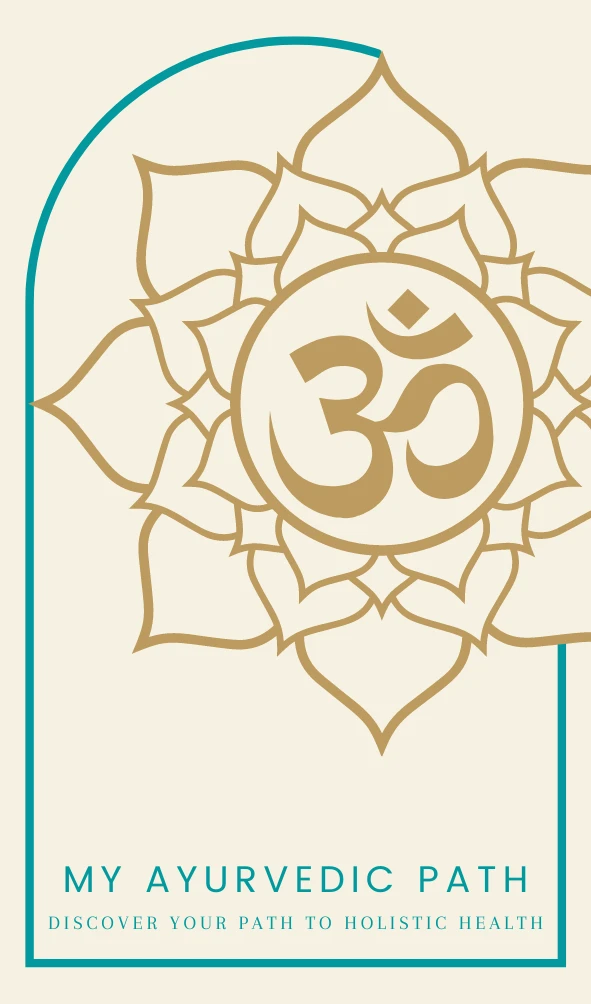
How to Lose Fat When Personal Training
According to fitness guru , Tom Venuto, you should be including 30 minutes of vigorous, sweaty cardio into your weekly exercise program four to six times per week. Most people need four to six days per week.
Read more
Pilates Benefits
Understand more about Pilates, why you should and shouldn't be doing Pilates and the benefits you can gain from Pilates.
Read more
A little gratitude goes a long way
We can help kids understand what gratitude is and how to express it authentically by modelling it ourselves. Cultivating gratitude takes time and effort. By starting gratitude practices at an early age we are providing the motivation and skills they need to lead a meaningful life.
Read more
Don't let winter beat your fitness goals
If you are like me, winter is not your favourite part of the year and trying to achieve your fitness goals when it’s cold, is hard work! The shorter days and colder weather definitely challenges my willpower and energy levels to keep working out – but I still manage to get it done... yes staying fit over the winter is that important to me! Become a winter morning warrior with these tips to get out of bed and start your workout routine each morning.
Read more
New Research Reveals the Secret To Happiness
The General Social Survey is reported to be one of the best sources of US happiness data. The most recent survey shows the top three things that impact people’s happiness most are health, relationships and financial circumstances:
Read more
Everyone is a Healer
The other day I was doing our local headland walk and as I passed the playground, a three year old took a fall off his bike and grazed his knee. His dad came over to comfort him and put his hand on his knee. It was lovely to see how quickly the child turned from tears to smiles. You might also remember the comforting touch of your mum or dad when you took a fall as a kid. A parent’s touch actually helps injuries improve faster because of the healing energy that is naturally sent from the hands.
Read more
Eye spy a trauma cure
Accredited experts and organisations, including the World Health Organisation are giving the thumbs up to Eye Movement Desensitisation and Reprocessing (EMDR) as a way of treating trauma. Find out why.
Read more
Triathlon Transition Tips
Every second counts. The poor mans practical transition tips for Triathlons. From swim to bike to run.
Read more
Yoga for Beginners: A Comprehensive Guide to Getting Started
Discover the essentials of Yoga, including styles like Hatha and Yin Yoga, with this beginner's guide.
Read more
Relationship Advice: How to protect your self esteem in your relationship
In my therapy practice I often see individuals excepting behaviours in relationships they would never advise a friend to accept, simply to due to the fear of rejection. One of the by-products of being a nice person is accepting less than you are worth just to either keep the peace, or to try to avoid the possibility of someone leaving you. Women and men who are more sensitive in nature (and let me note that sensitivity is not a bad trait) are the most likely candidates for this behaviour.
Read more
Anatomical Breakdown of the Squat
. Being a highly functional exercise the squat provides strength for real life daily activities as oppose to simply being able to push gym equipment. It is however an exercise where too often poor technique or initially too much weight is used leading to fatigue, poor technique, injury and frustration.
Read more
Why you need a natural mineral drink in your diet
The human body may not receive all the nutrition it requires to ensure our wellbeing and help us to perform at an optimum level. Although your body will be able to produce a few vitamins, it is unable to manufacture minerals or trace elements. The long-term effects of this impact your general wellbeing and can lead to conditions linked to inadequate nutrition. This article explains the benefits of including a natural mineral drink in your diet.
Read more
Hypnotherapy to deal with pain
We are all familiar with medication to deal with pain, however hypnosis is the most frequently cited form of non-pharmacologic cognitive pain control. Hypnosis is an altered state of consciousness. It is where one's attention is focused; this creates an environment in which the brain can process information to bring about beneficial changes in a person. This essay explores how hypnosis can be used for pain.
Read more
Unleashing Mental Strength: The Impact of Karate on Your Mind
Karate, beyond its striking moves and powerful strikes, has the remarkable ability to transform your mind.
Read more
Ten signs you could have a thyroid problem
If you have a thyroid problem you could be experiencing several symptoms. This article goes into some details on each of the symptoms so you can make an informed decision about whether you need a professional or not.
Read more
WHAT IS THE POSTERIOR CHAIN?
The Posterior Chain is also important in the stability of your knee, hips and spine. Therefore, if these muscles are strong, it may result in a decreased risk of both sporting and general injury.
Read more
Brain areas altered during hypnotic trances identified
Researchers at Stanford University found changes in three areas of the brain that occur when people are hypnotized. By scanning the brains of subjects while they were hypnotized, researchers could see the neural changes associated with hypnosis. This article looks at each of these three areas of the brain.
Read more
Why we need yoga and mindfulness in Early Childhood
Mental health awareness is highlighting the many challenges that kids are facing today. Yoga and mindfulness teaches kids to love themselves as they are, it develops robust resilience and boosts self-esteem whilst creating confidence to build relationships and to reach out to ask for help when it’s needed.
Read moreCauses of Depression: Can a psychologist help?
There are many things we don’t understand about depression, and its exact cause is one of them. However, it often results from a combination of events in a person’s life as well as other personal factors, rather than a single event or issue. This article explores the potential triggers to help you better manage your risk.
Read moreAnxiety and stress – what's the difference?
Hypnotherapists often meet clients who say ‘how scared and overwhelmed’ they are when they experience Anxiety & Stress. As part of client therapy, some hypnotherapists make time to explain and clarify what Anxiety & Stress is and how they are linked. It can be important to communicate the differences because this means, clients have an understanding and awareness of what is really happening. It takes away any ‘unknown and associated fears’. This article explores the difference between stress and anxiety, so you can get the best treatment.
Read more




